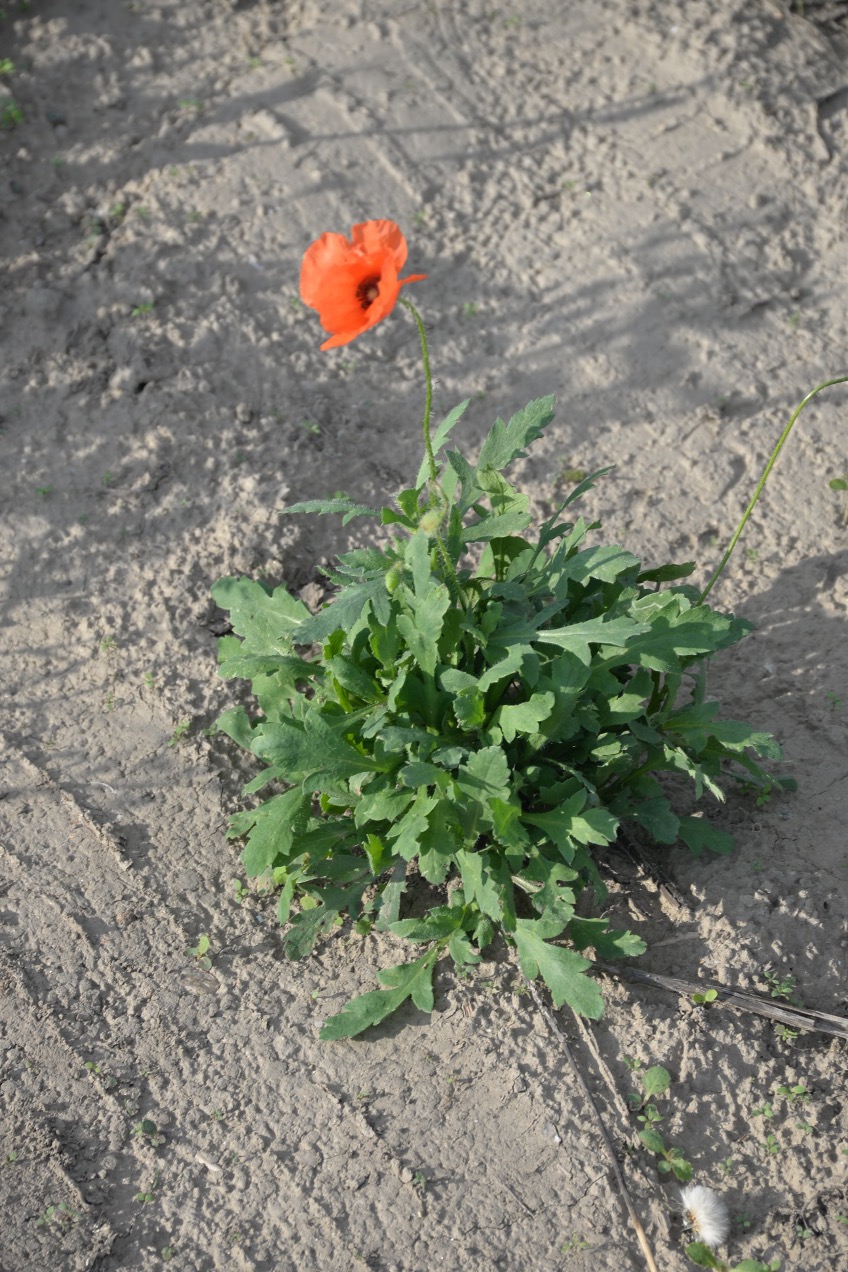Plant Protection Unit research topics
ELKH-SZE PhatoPlant-Lab research concept
In order to achieve the research goals set out in the tender, we cooperate as partners with the staff of the Plant Protection Institute of the ELKH Agricultural Research Center. With full-time young researchers, participating PhD and MSc students, we promote the education of future researchers.
The research is of national strategic importance and results in direct social utility in terms of food safety and quality assurance, integrated, environmentally friendly plant protection technology adapted to climate change, plant biotechnology and molecular plant protection.
We will examine organisms that have already been identified in Hungary, but have not yet been characterized, are becoming dominant and potentially cause serious plant protection problems, primarily viruses, but also other plant pathogens. We also examine wild plants and weeds in the environment of cultivated plants as potential reservoir plants. To discover new viruses, we will also use the new generation sequencing technique (NGS), which is suitable for identifying complex infections.
The other direction is the development of technologies that can be directly applied in fields. We use a technology that is a fast, efficient solution that does not require a laboratory background. This is "loop mediated isothermal amplification", which we will optimize and develop innovatively for the detection of various pathogens.
We would like to investigate the effect of micro-organisms occurring in the plant-soil system or applied artificially (microalgae, cyanobacteria), as well as natural extracts from higher plants, on the growth and development of plants, against environmental influences (primarily various pathogens).
Research group leader: Prof. Dr. László Palkovics DSc
Members: Dr. Zoltán Molnár PhD
Dr. János Ágoston PhD
Dr. Gábor Kerekes PhD
Dr. Gábor Kukorelli PhD
Georgina Takács
Administration: Katalin Erőss
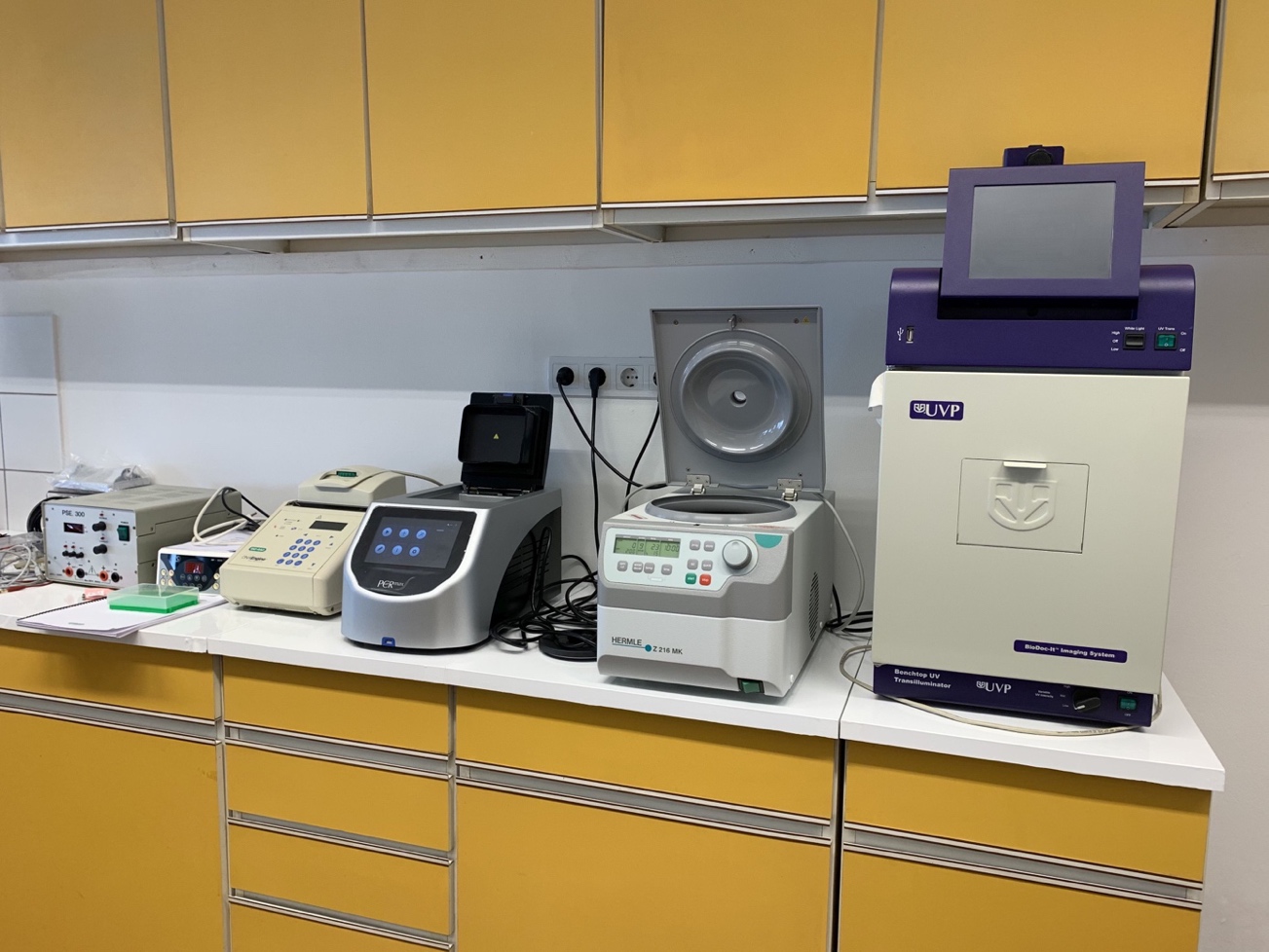
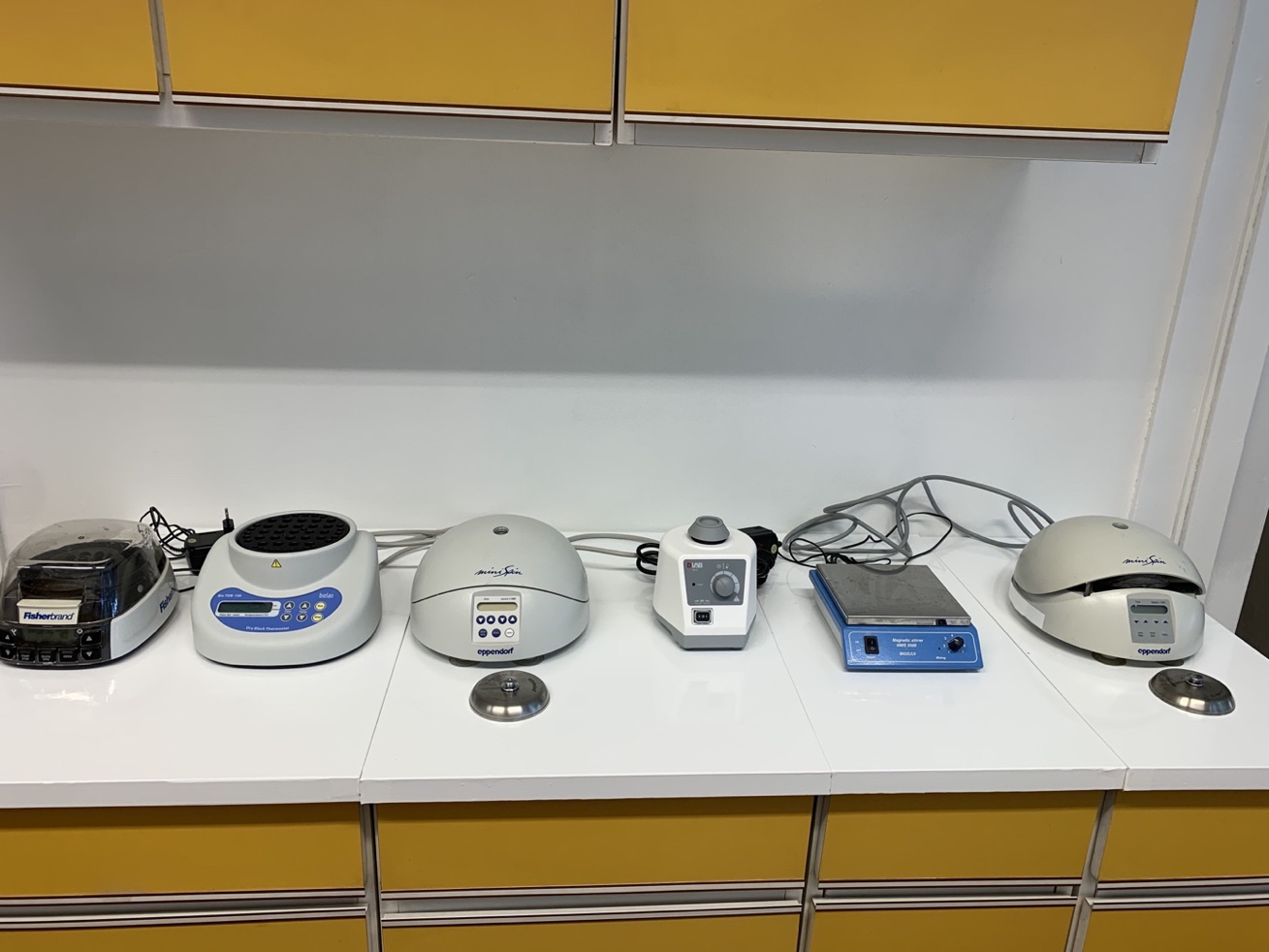
The Plant Protection Group of the Department of Plant Sciences, Albert Kázmér Agrocultural Faculty, Mosonmagyaróvár, Széchenyi István University, and the ELKH-SZE PhatoPlant-Lab Research Group have scientific cooperation in the plant virology research and solving other plant pathology problems with the Plant Protection Institute of the ELKH Agricultural Research Centre. In addition to plant pathology research, new collaborations between the Department of Plant Sciences and the Institute of Plant Protection are also starting in the research of non-native and invasive pest species, environmentally friendly plant protection methods, and pollinators.
Investigation of thrips in flowers of leguminous plants
Thysanoptera larvae were collected from alfalfa flowers. After extraction with Berlese-funnels the second stage larvae were identified. The most abundant species were: Odontothrips confusus, Thrips tabaci and Frankliniella intonsa.
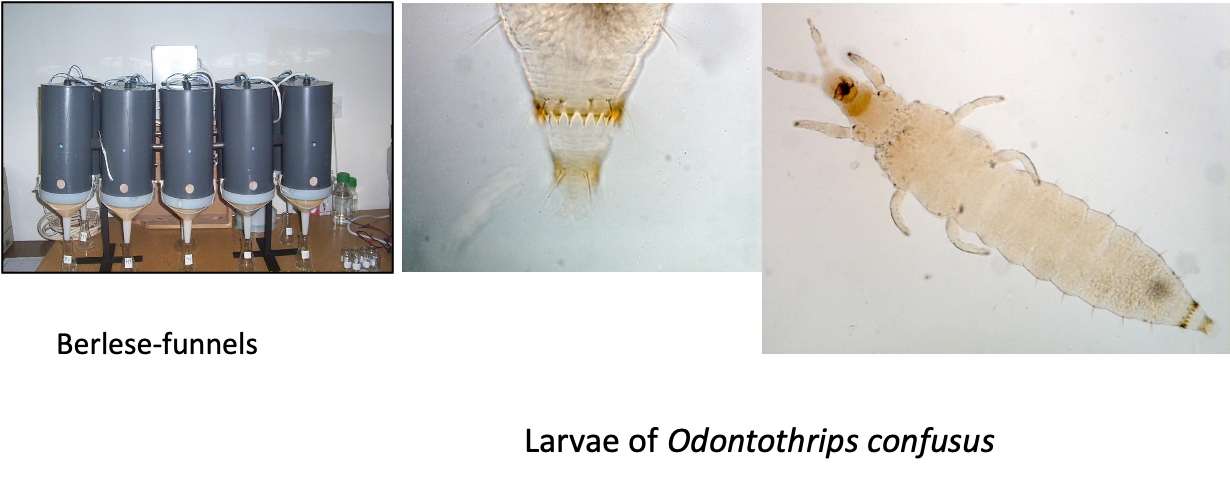
Phytoseiid mite fauna of apple orchards with different pesticide loads
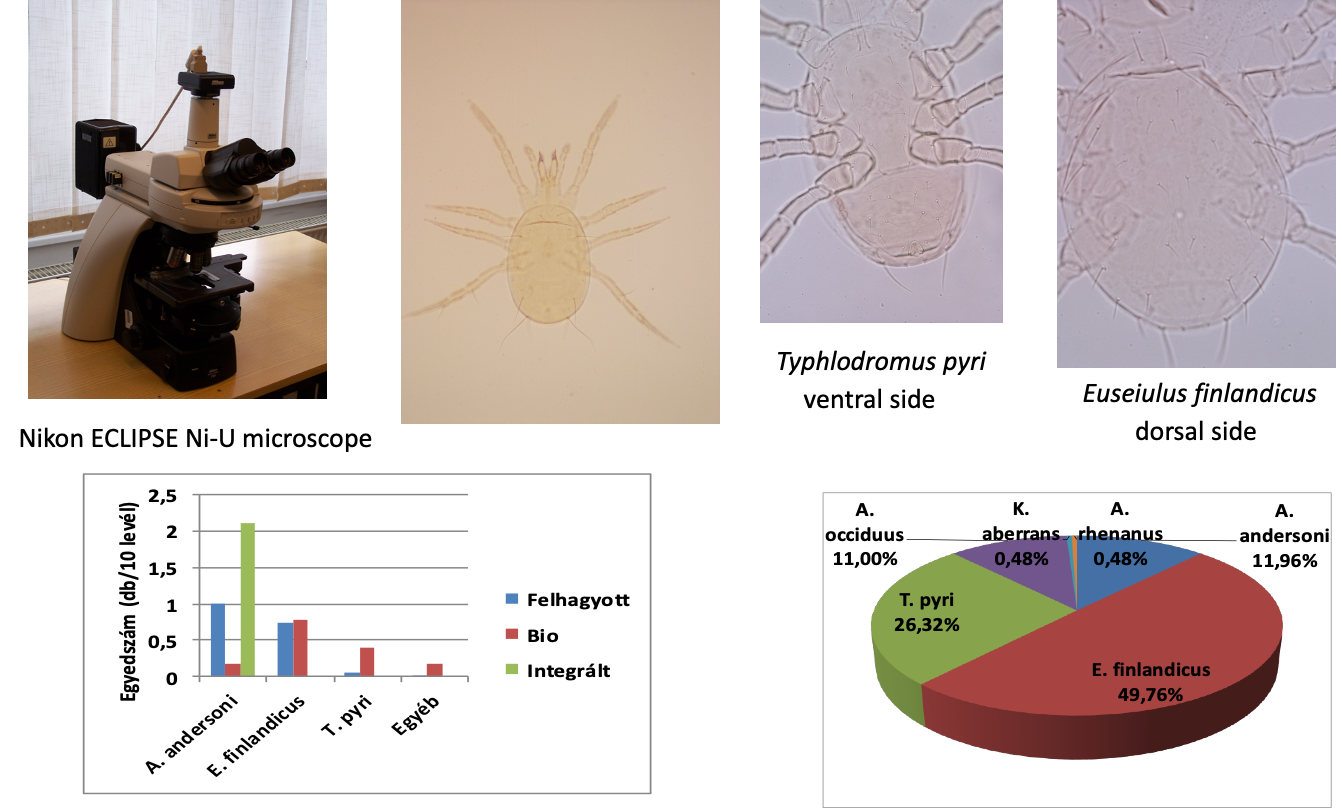
Protection methods against the larvae of western corn rootworm (Diabrotica virgifera virgifera)
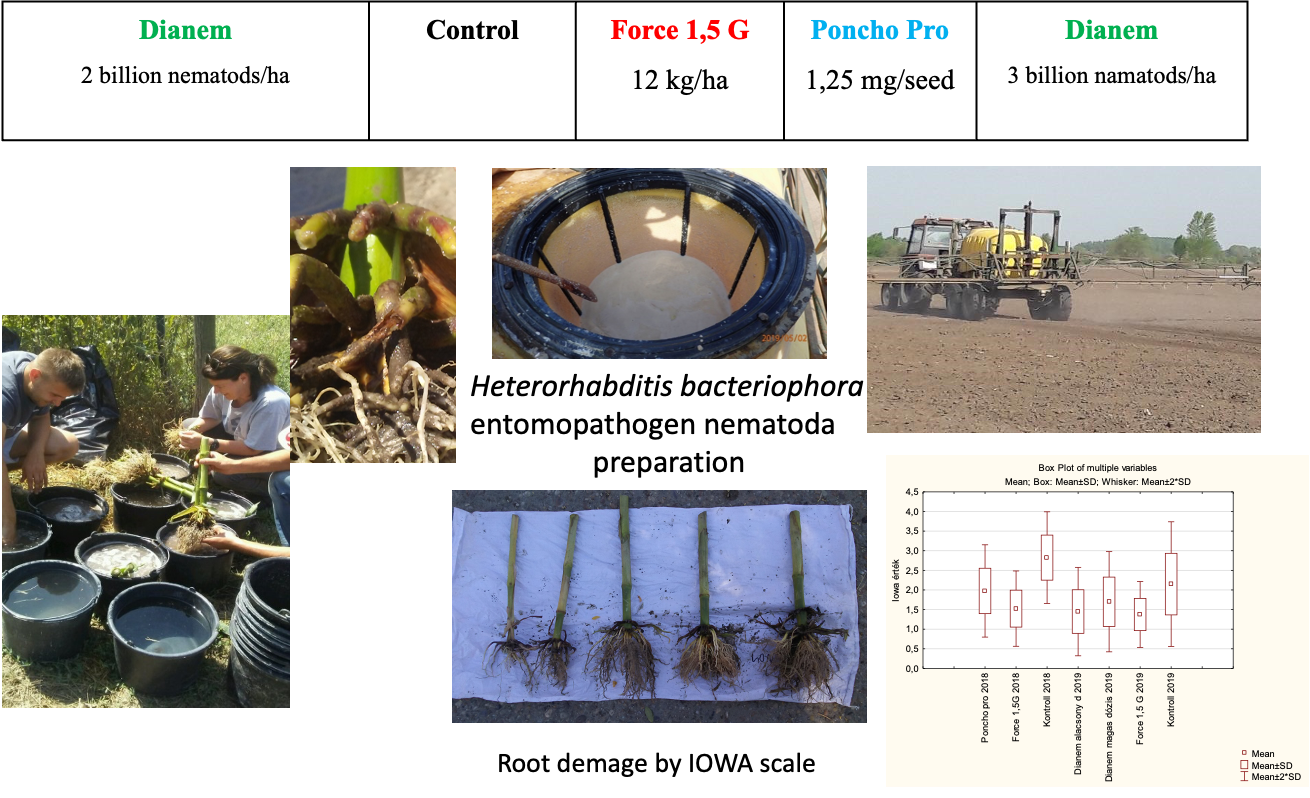
Weed research, integrated weed management
Collection, processing, analysis, synthesis, dissemination, and testing of knowledge and data on the distribution of ragweed and other dangerous, difficult-to-control weeds, alien invasive species, and weed control technologies.
Identification of the pathogen Macrophomina phaseolina and possible development of control measures
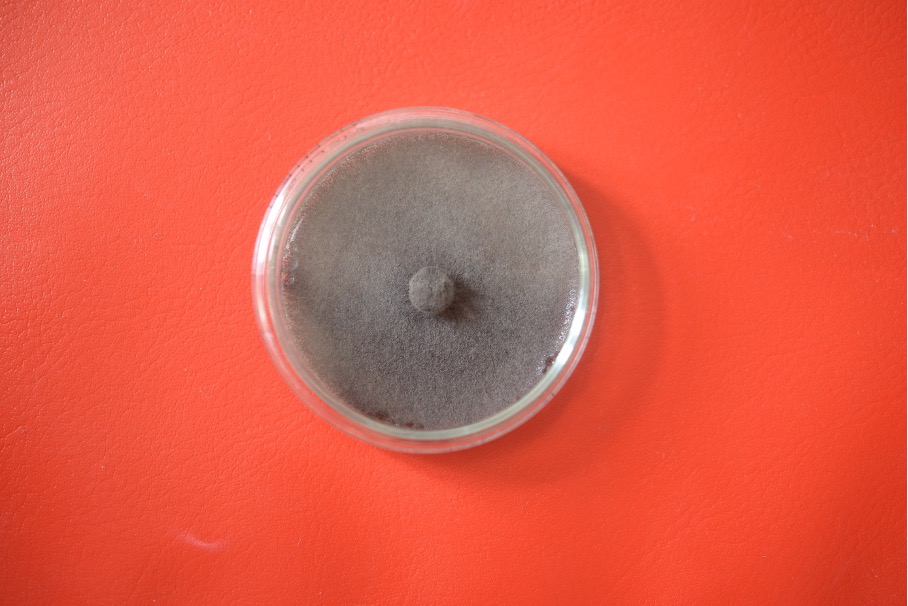 |
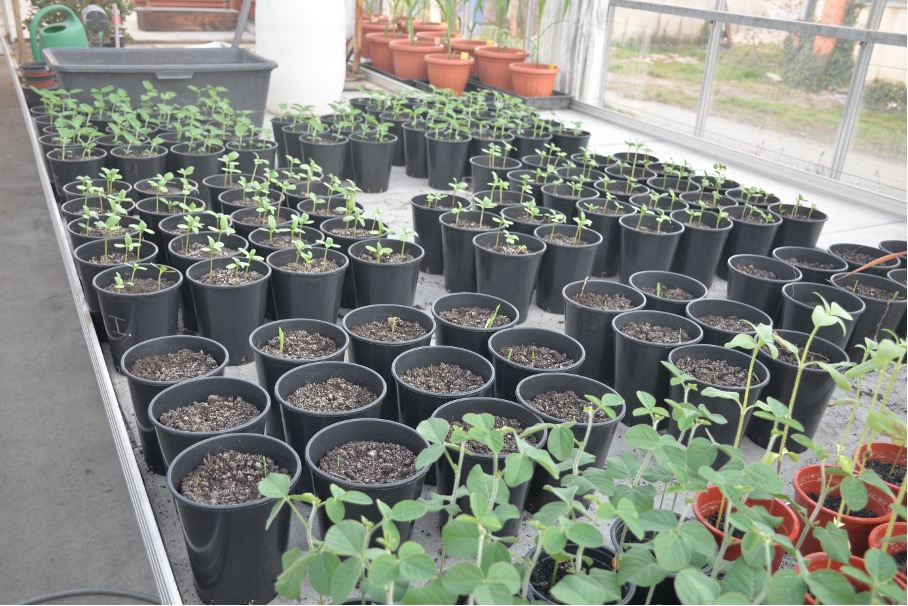 |
Monitoring of diseases of winter wheat and other arable crops
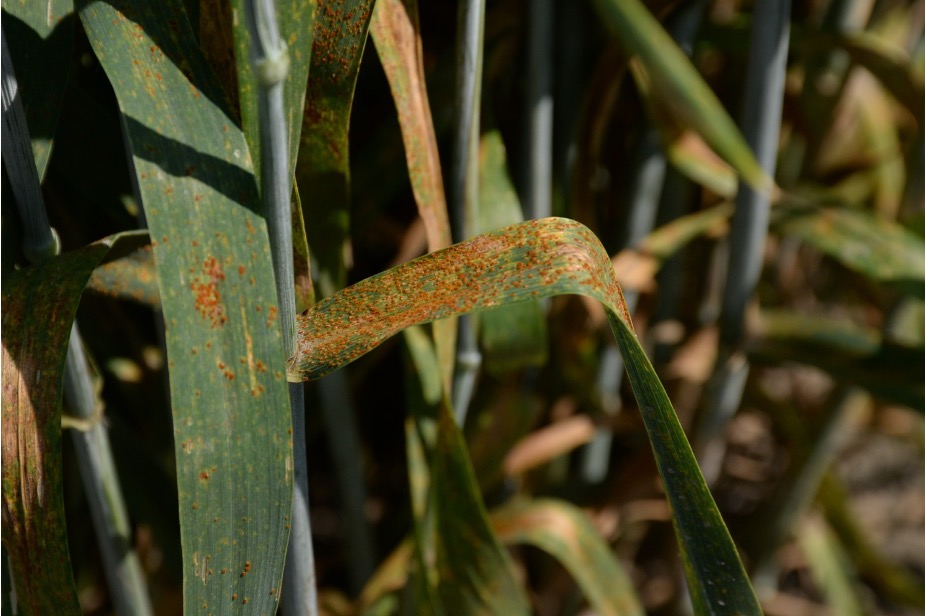 |
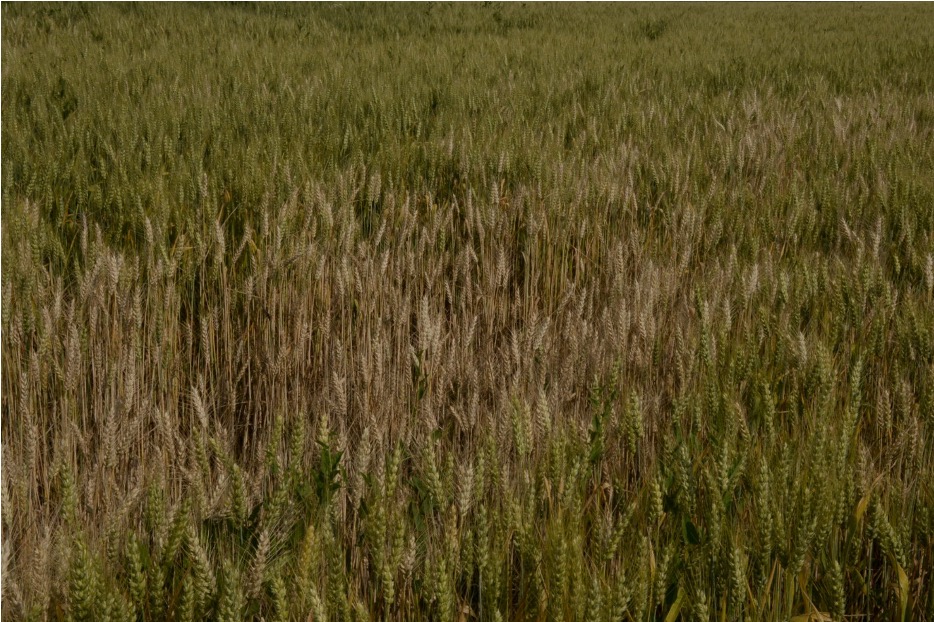 |
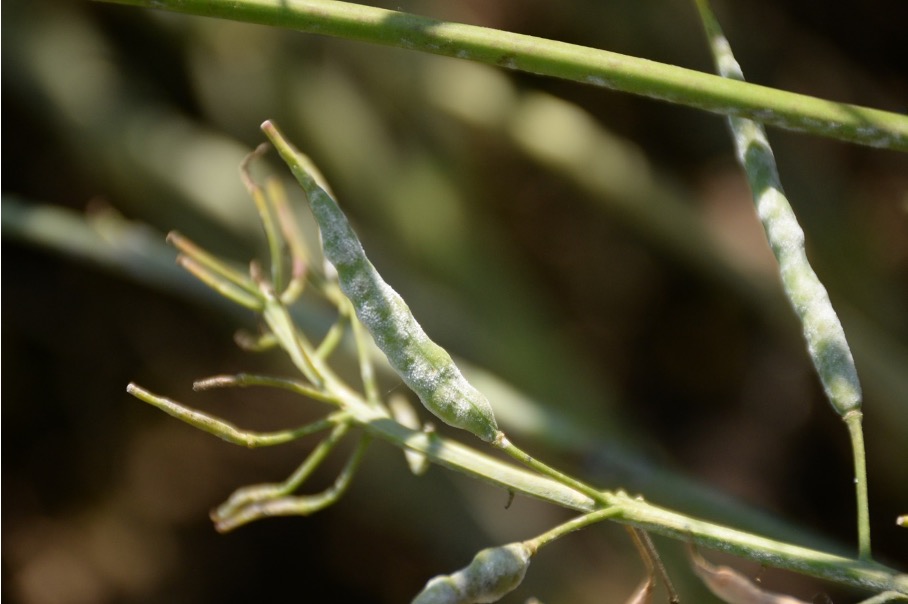 |
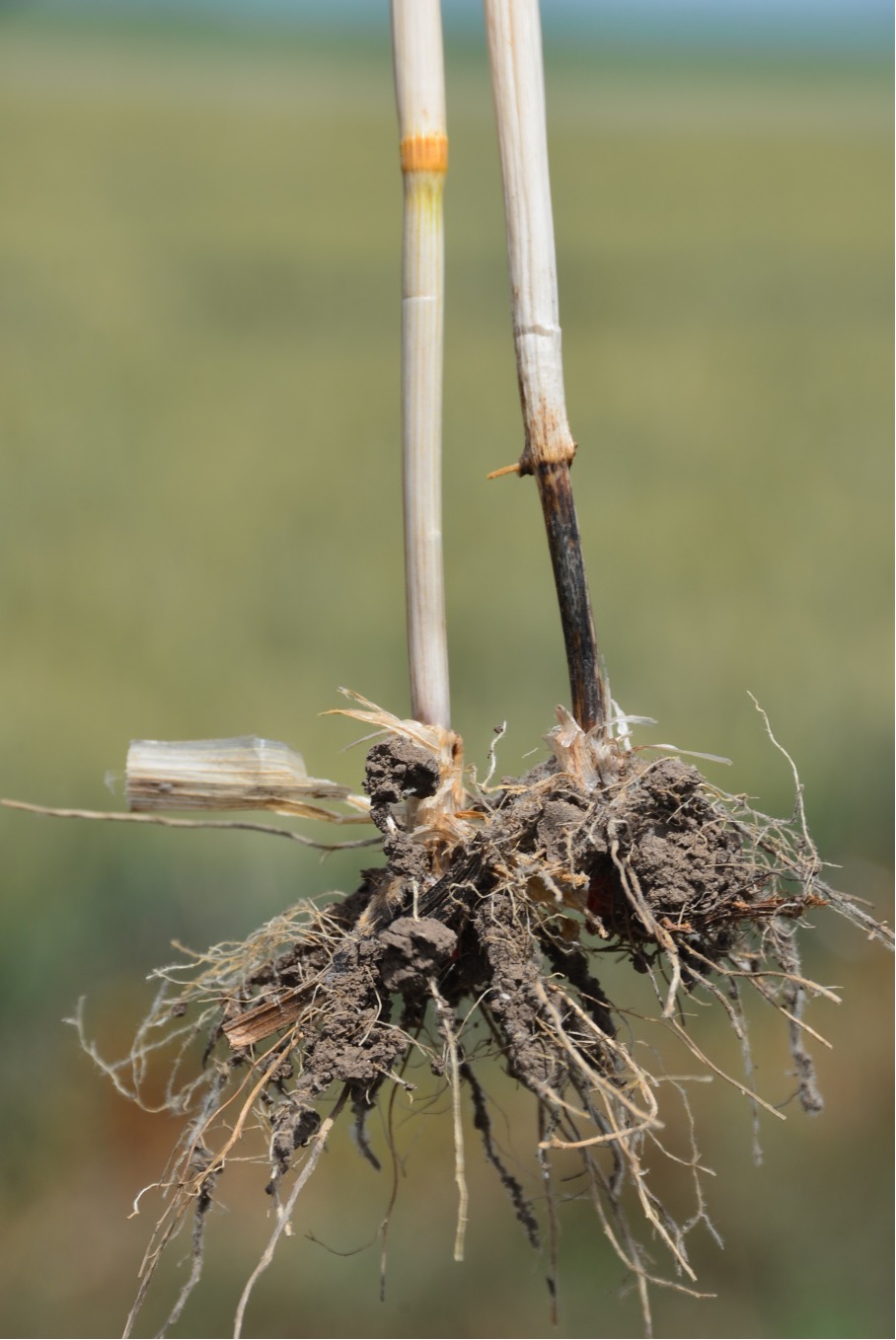 |
Developing environmentally friendly crop protection technologies – using hyperparasitic organisms and other methods
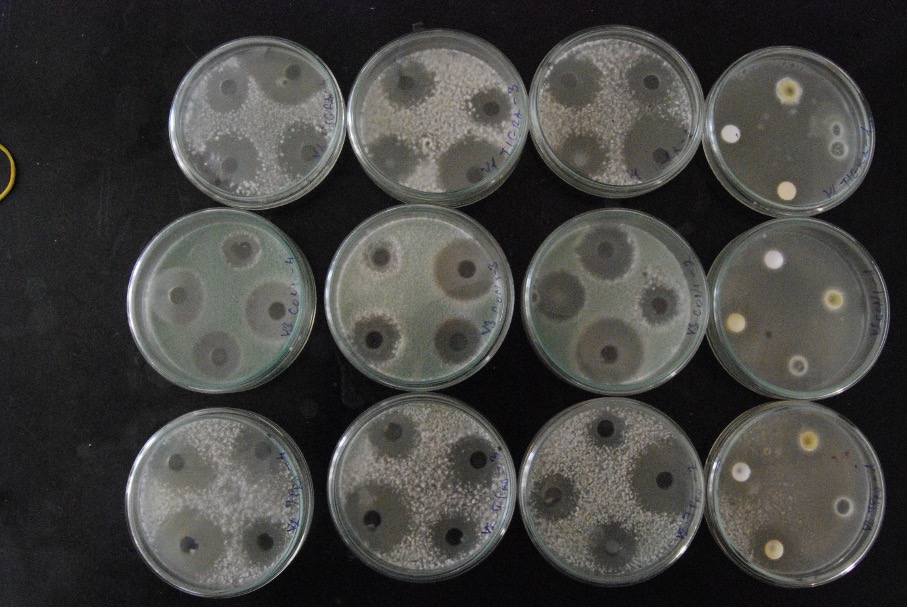 |
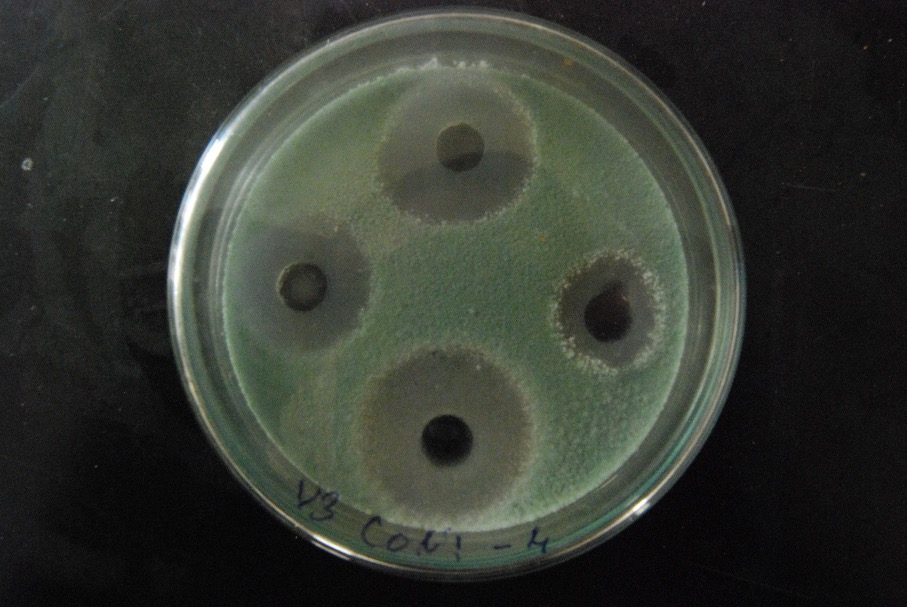 |
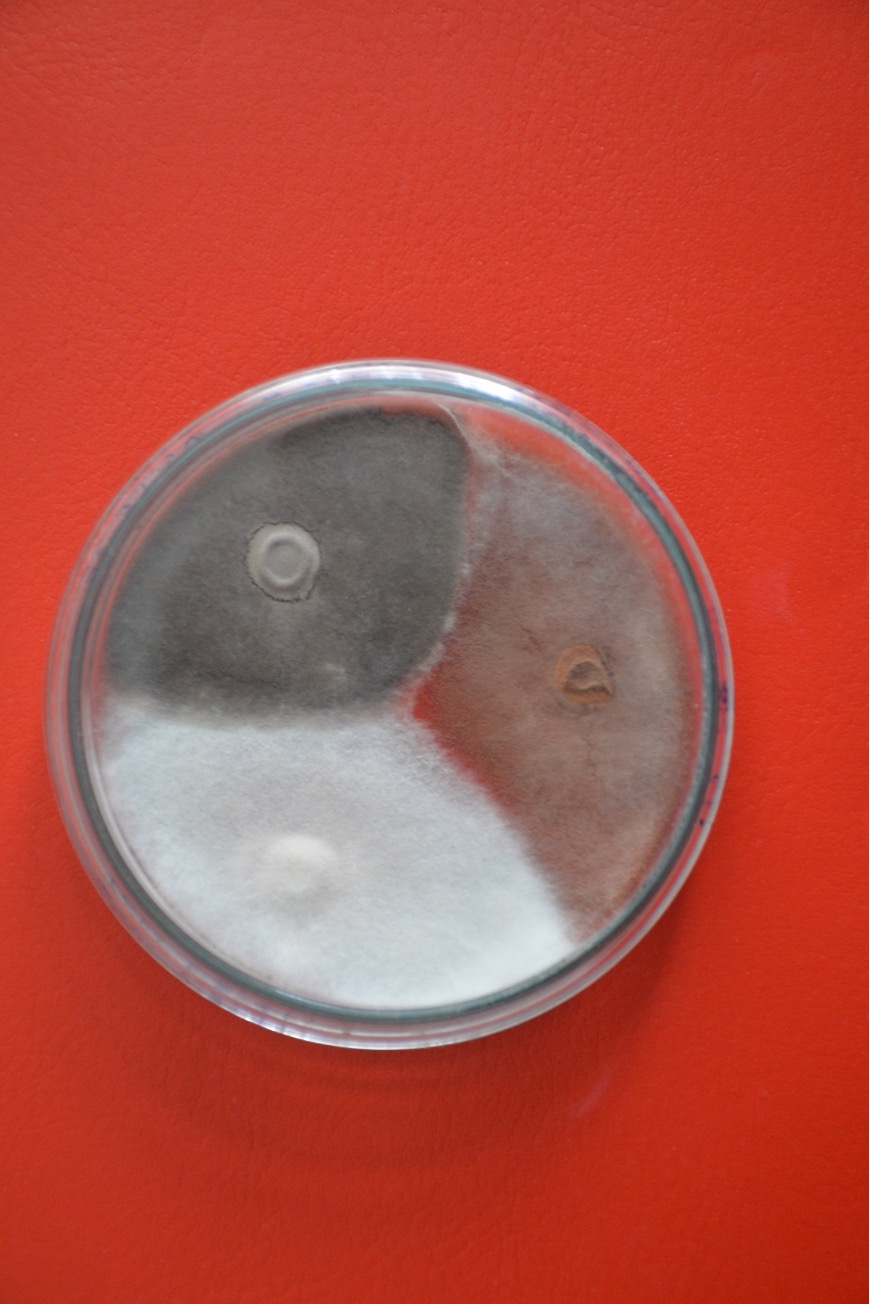 |
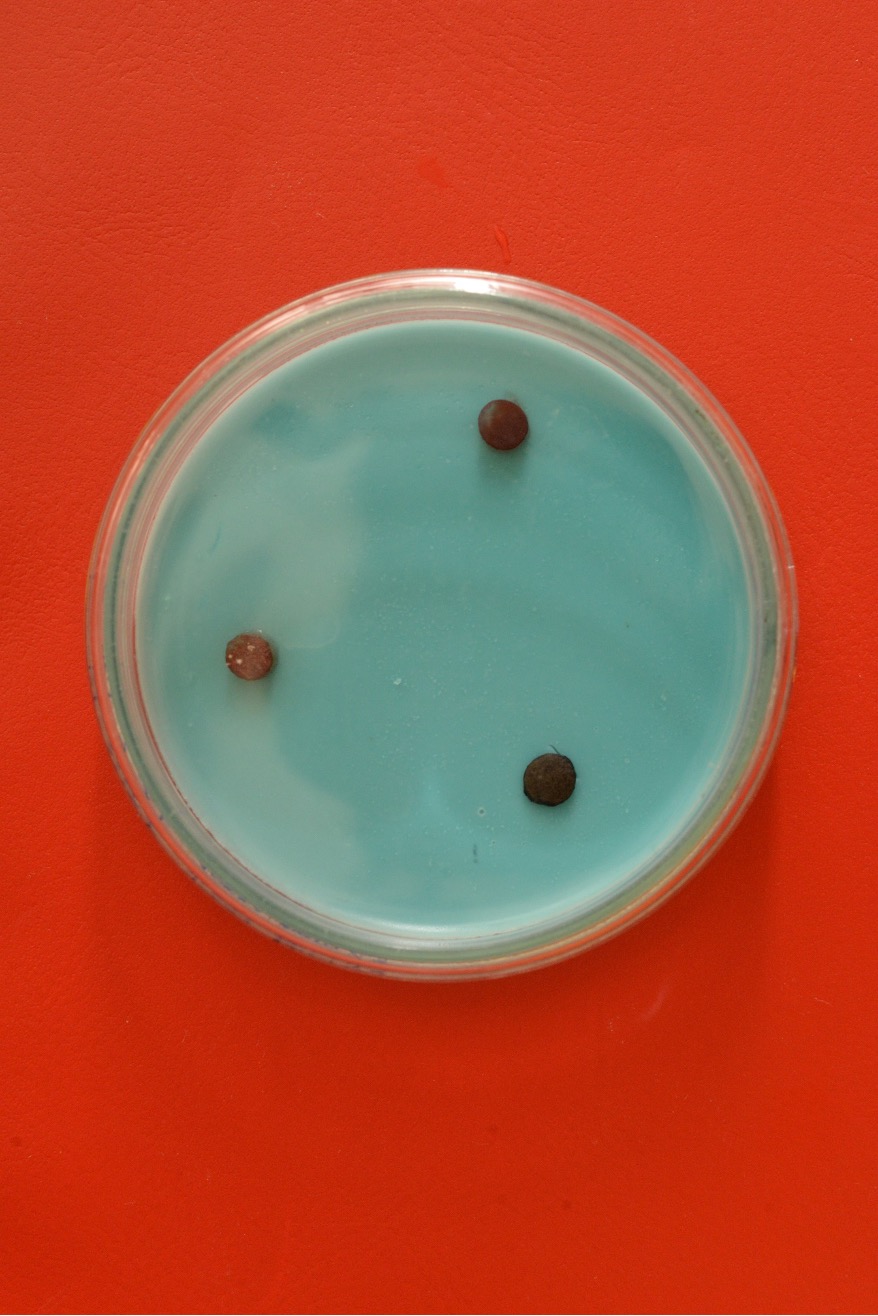 |
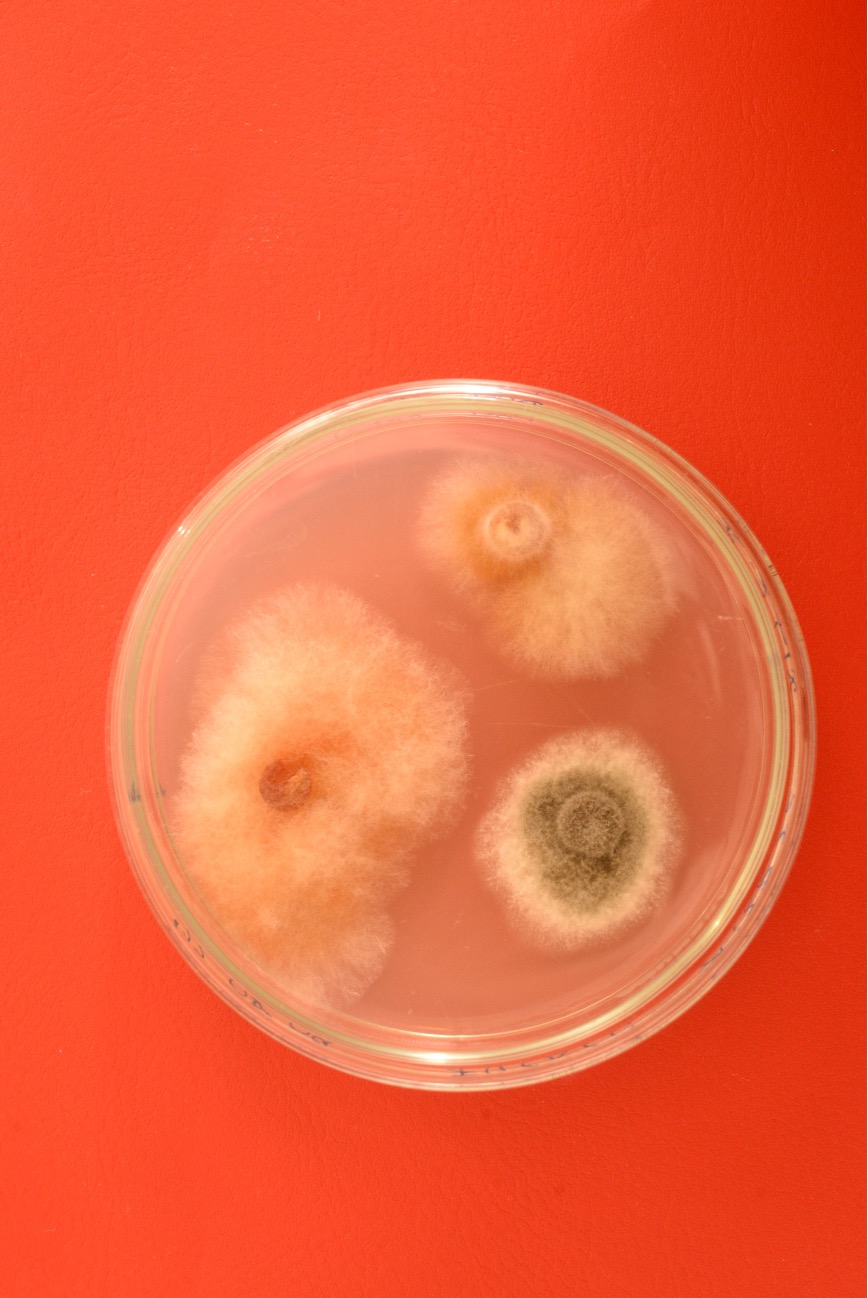 |
Field testing of extracts produced by microorganisms against fomites
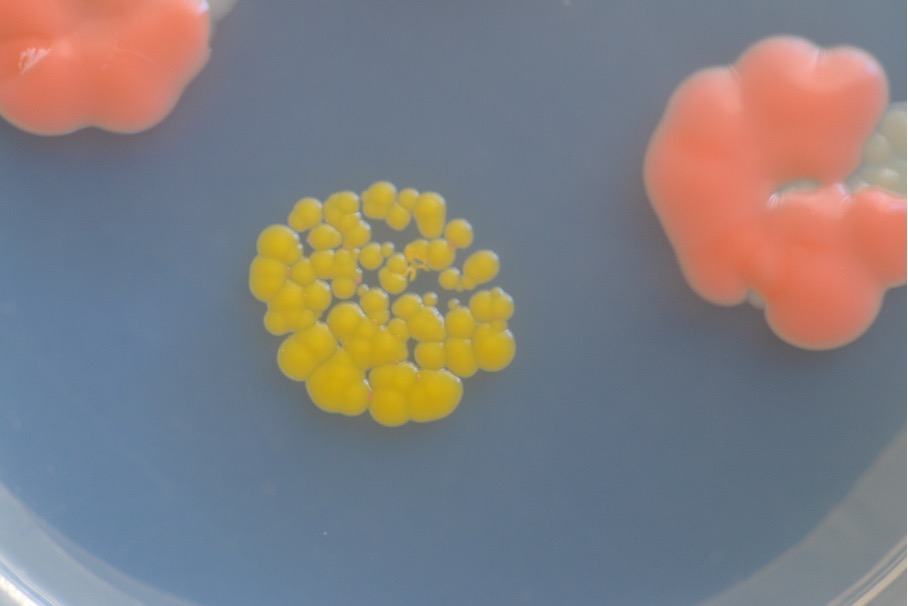 |
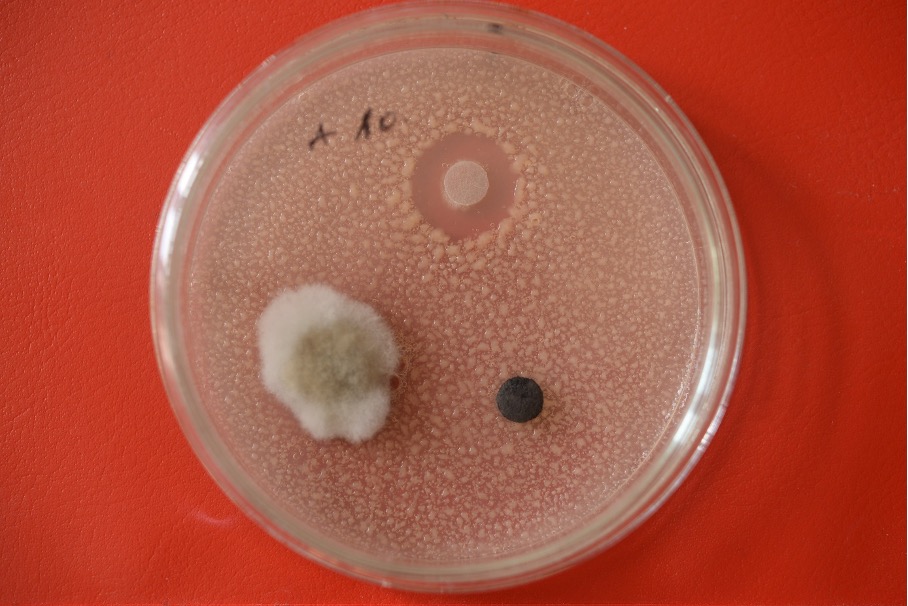 |
Investigation of fungistatic, fungicidal and phytoecological activity of plant extracts
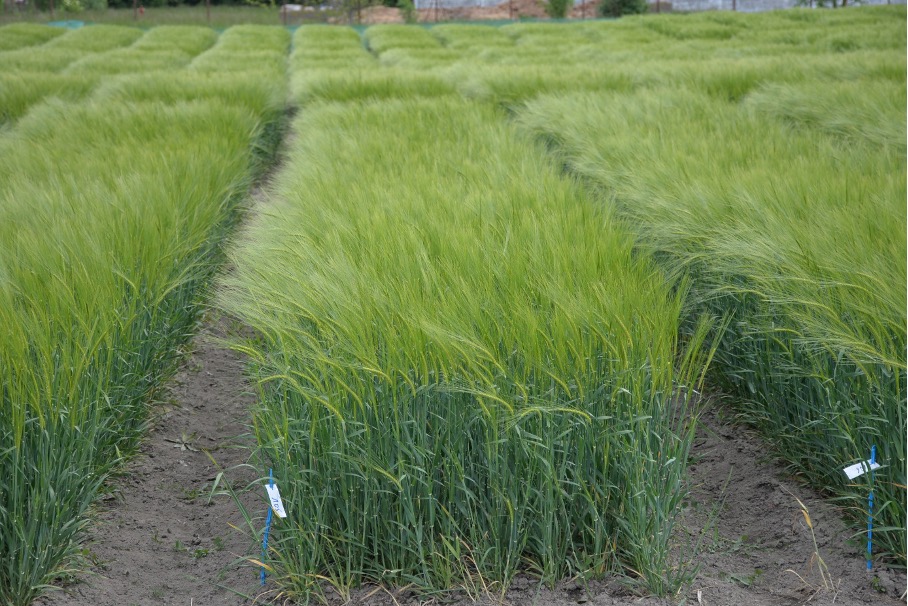 |
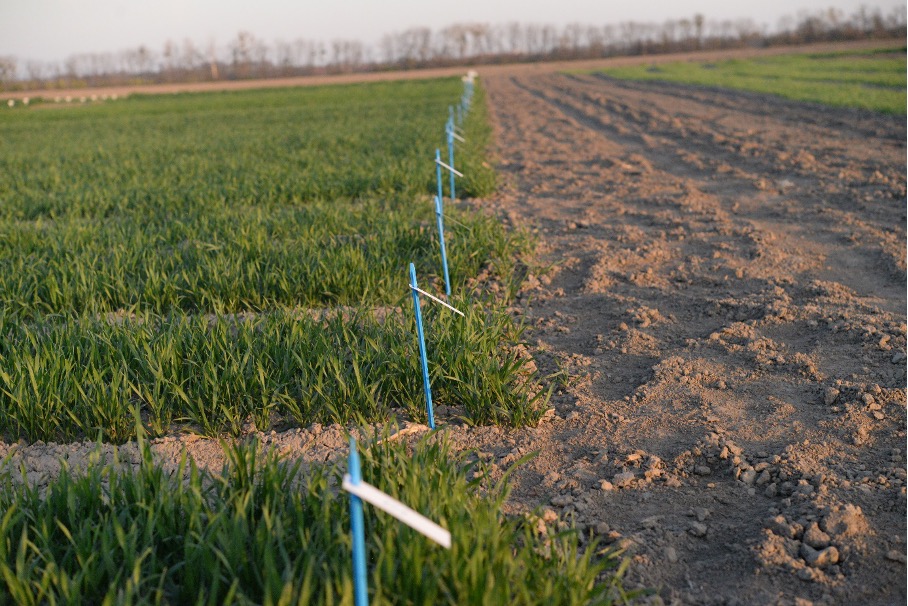 |
Application of atmospheric nitrogen fixation in arable crops

Investigation of the insecticidal properties of plant extracts and their use in plant protection technology
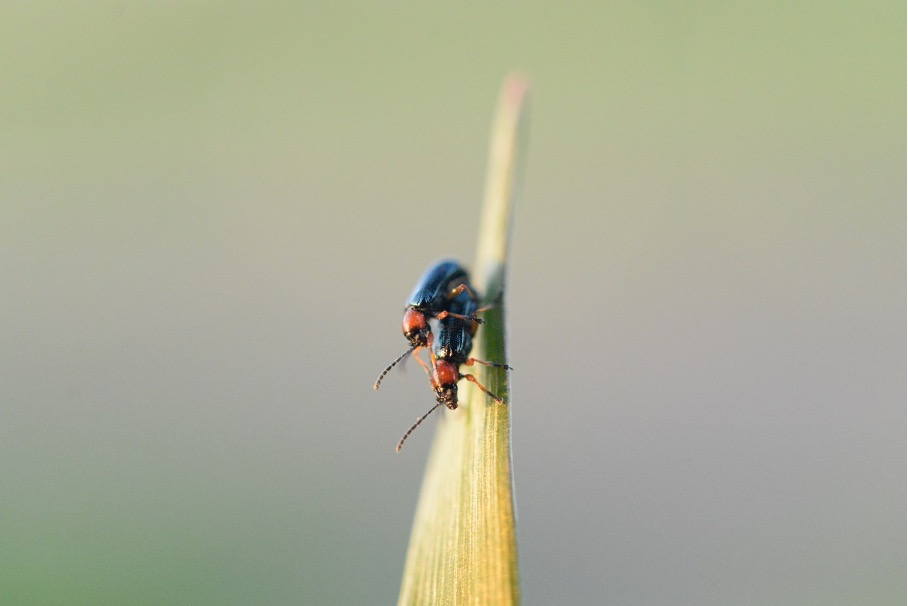
Laboratory and greenhouse methods for the study of weeds developing resistance to active substances used in plant protection; investigation of alternative active substances to stop further development of resistance
